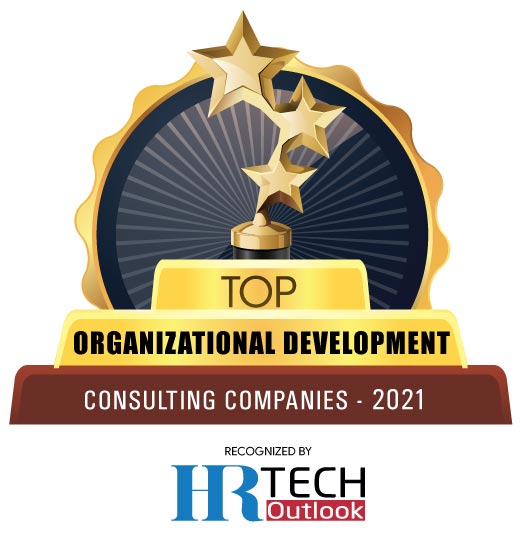THANK YOU FOR SUBSCRIBING


Individuals involved with an organization have a greater understanding of fulfilling their assigned tasks by understanding the five phases that generally occur within an organization's development cycle. Micheal Perez,Operation Director,Workstep
Micheal Perez,Operation Director,Workstep
Organizational growth is usually divided into five phases, according to business analysts and communication experts. Although there is some agreement among experts and those interested in organizational growth, the five stages are known by many names. With that in mind, let's look at the five stages of organizational growth.
Formation
The formation stage is just what its name implies. This is the stage in which an organization's vision is created, and the organization is introduced. These activities are usually led by a single person, or a group of people, who have a vision for the organization. During the creation process of an organization, the founder or founders have a huge impact. Outside of a small community aligned with the founder or founders, ideas and suggestions are unlikely to be heard.
Early Period
The early stages of an organization's growth are tumultuous and exciting. This stage usually lasts three to five years, but no clear timeline is set in stone.
Normalization Period
 Organizational policies and practices become the standard within the organization during the normalization process. Duties related to the organization's activity are being distributed among a growing number of people. During this stage of development, these individuals tend to behave in unison and as a group. If the time isn't marked by intense rivalry among those affiliated with the company, it isn't worth remembering.
Organizational policies and practices become the standard within the organization during the normalization process. Duties related to the organization's activity are being distributed among a growing number of people. During this stage of development, these individuals tend to behave in unison and as a group. If the time isn't marked by intense rivalry among those affiliated with the company, it isn't worth remembering.
Peak Period
This is the level at which a company's productivity is usually at its peak. An organization is depending on well-established policies and procedures at this stage.
A new cadre of leaders may begin to grow within an organization during the peak era. At least to some extent, competition among those affiliated with the company starts to increase.
Re-evaluation
When a company hits this stage, it undergoes a thorough re-evaluation. Examining practices, processes, and staff is part of this process. Various adjustments are likely to occur due to this investigation, ranging from staff to policies and procedures to the organization's structure.
The developmental phase usually circles back at this point since significant changes are likely to occur. In this step, there is a reformation that brings the development process back to the traditional start.
See Also: Top HR Technology Companies
Read Also